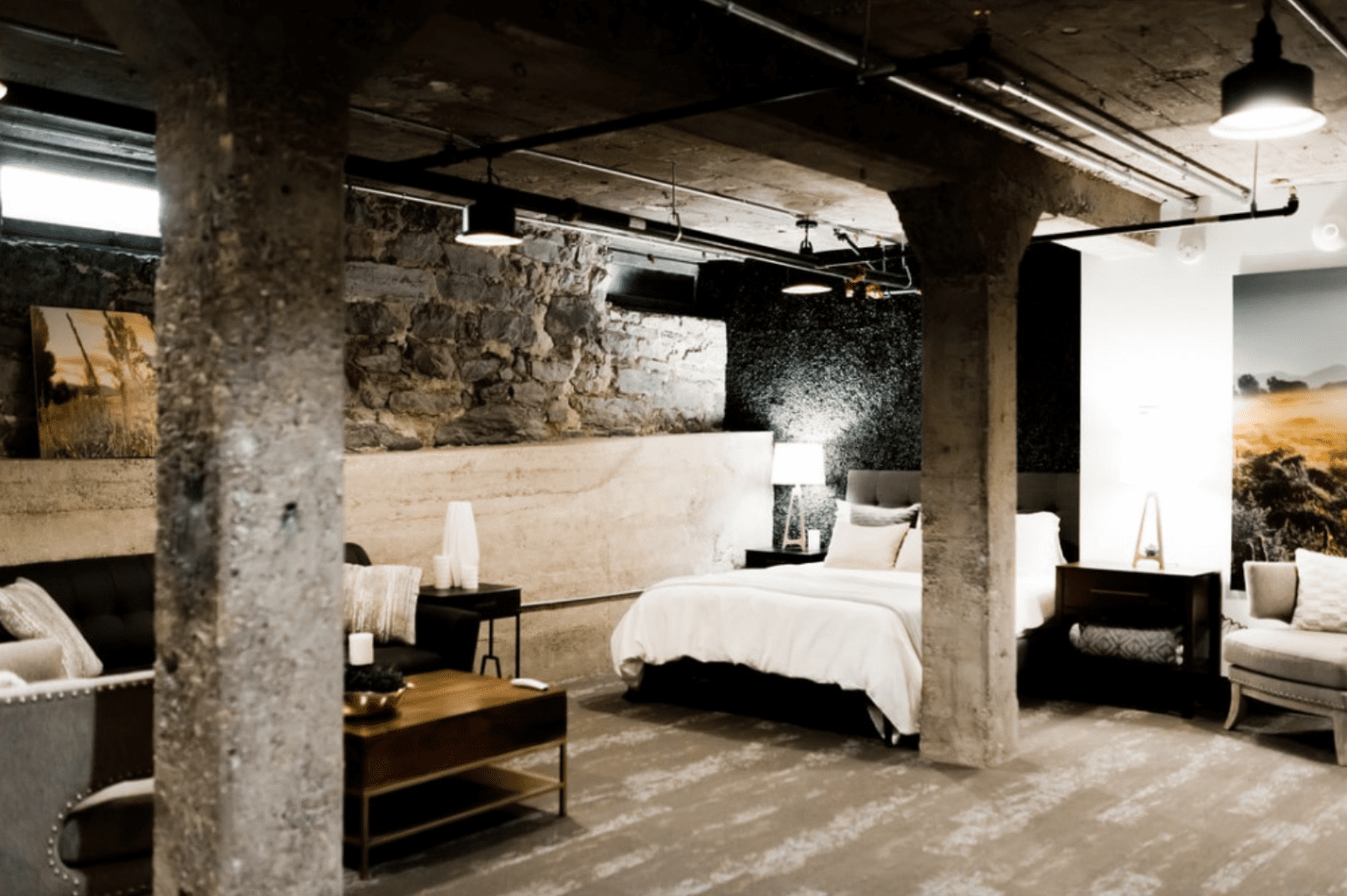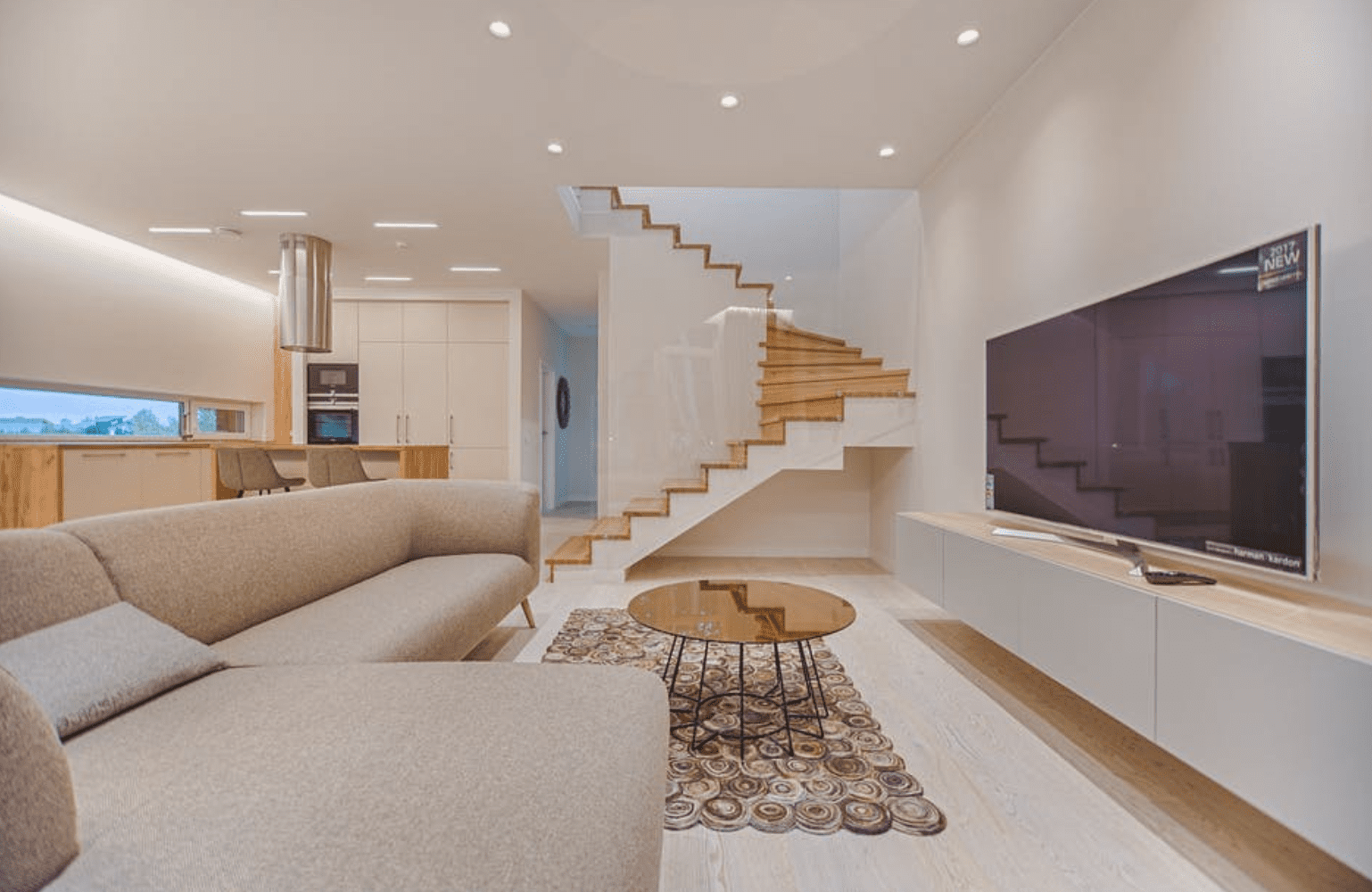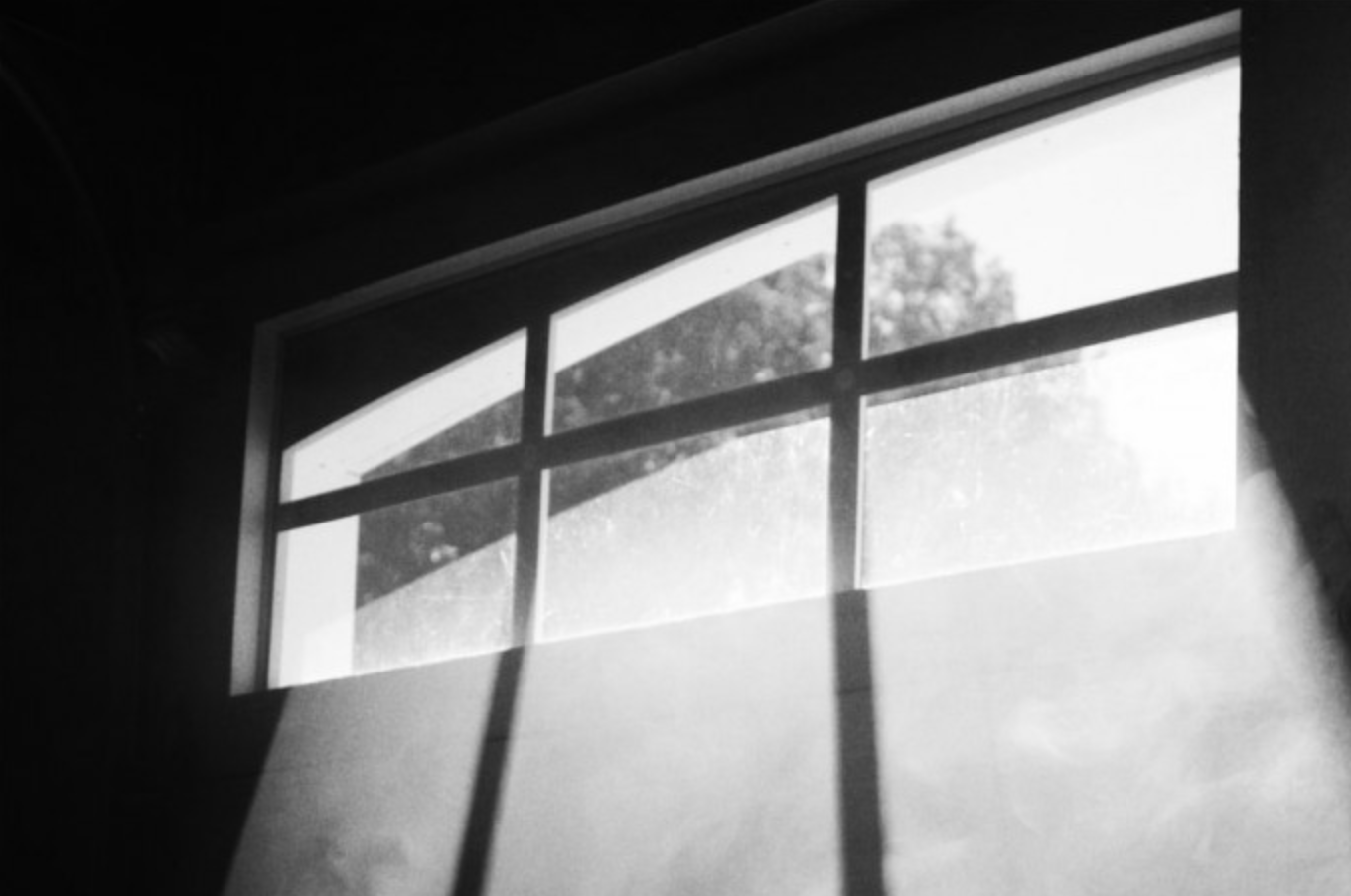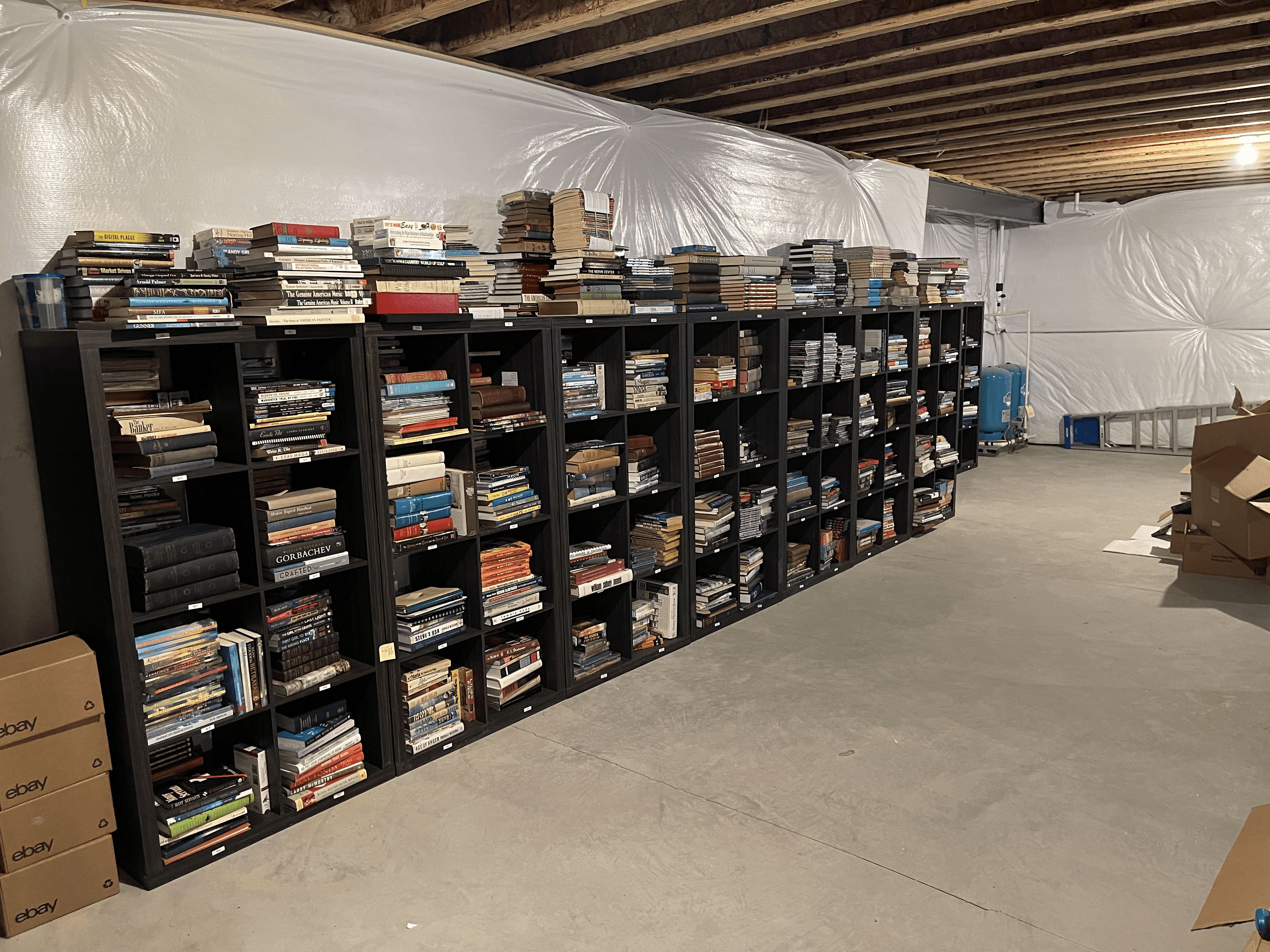Are you in the market for a new home and wondering whether your new place should have a basement or not? No doubt, it’s a common question. The answer isn’t straightforward, but I’ve compiled the top considerations in this guide to help you make your decision based on a few factors. Let’s dive into the discussion of basement vs. no basement!
Factors to Consider
Whether or not it’s better to buy a house with a basement depends on many factors. Location is one of the biggest. That’s because location affects secondary factors like the climate, the risk of flooding, what’s normal for that culture, and soil density.
So, for starters, consider your location. Do most houses have a basement? How is the climate? Is it a flood zone or a tornado zone? Do you value lots of extra space in a home, or are you indifferent? Are you more focused on ROI and home value? Keep all of your preferences and these factors in mind as you go through my pros and cons list.
Benefits of Buying a House With a Basement
Let’s explore the various benefits of a house with a basement.
More Room for Storage or Living
This might just be the most exciting reason to buy a house with a basement. If the basement is fully finished, you can use it as a playroom, extra bedroom, gym, movie theater, or anything else you can think of! Finished basements add a special element to a home because of their versatility.
Unfinished basements are just as useful but in a different way, and they’re cheaper. I bet anyone would be happy to have extra storage space. Also, unfinished basements can eventually be turned into finished ones for extra living space. It’s a win-win!
I am biased in favor of having a basement—I couldn’t imagine living without ours! Just look at the image below. It’s messy, and we need to organize it, but without a basement, we would have had to pay for expensive storage units to keep everything we have.
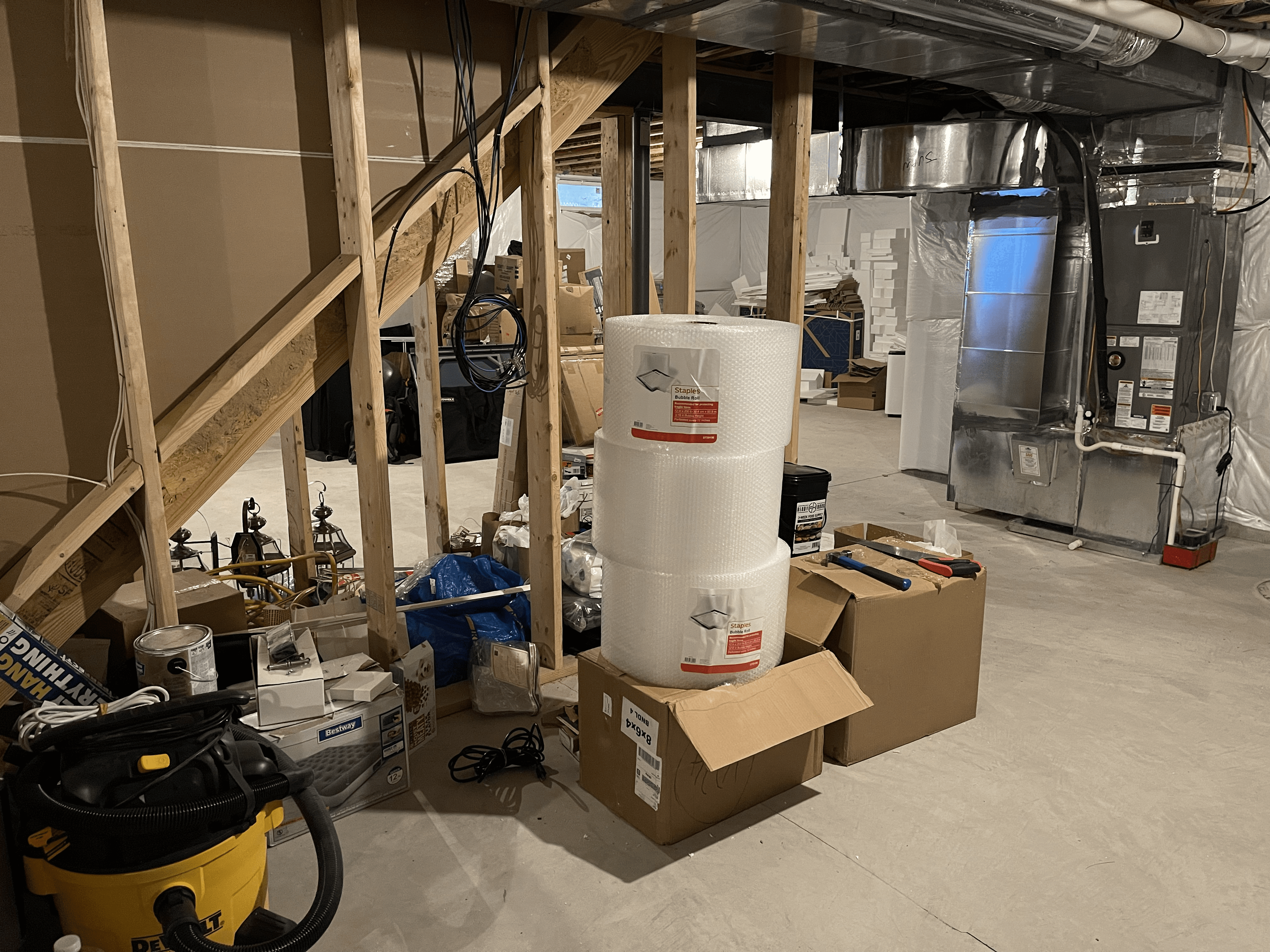
Return on Investment Considerations
If you want to transform that unfinished basement into a nice living space, you’ll get an average ROI of about 70%. So, if you spend $50,000 on basement renovations, your home value will likely go up by about $35,000. After your renovation project, enjoy your new basement for a while, knowing you’ll get back some of what you spent.
A Strong Foundation
Basement walls support the perimeter of the house. Put a few more load-bearing columns in, and voila! The home’s foundation is sturdy. Next to the crawlspace, slabs, and pier and beam piling, basements are the only foundation type that offers you more use than simply supporting your house.
Drawbacks of Buying a House With a Basement
While having a basement has clear advantages, it also has challenges you must consider.
Pest Problems
Does a damp, dark, climate-moderated environment sound nice to you? Pests sure love it. Sadly, it’s hard to control pests in basements, and you’ll need to take steps to prevent infestations. If you want a basement, checking it for pests and implementing regular pest control practices will be your new job.
Unfinished Basement Issues
If you’re looking at a house with an unfinished basement, remember it’ll take extra time and money to turn it into a living space. Unfinished basements are also more likely to get moldy or leak, which can be a pain to deal with.
Losing Money on Basement Renovations
Generally, homeowners who pay to renovate their basements or turn an unfinished basement into a finished one don’t recoup all those expenses when they sell. So, if you’re thinking of getting a house with a basement and turning a renovation into a profit, think again!
More Expensive Type of Foundation
Crawlspace, slabs, and pier and beam piling, the other three foundation types, are cheaper than basements. That’s because builders need more time and materials for basements. So, if your home budget is low, I’d recommend checking non-basement homes first.
Benefits of Buying a House Without a Basement
Want to consider a simpler house without a basement? You will see some benefits from that.
Maintenance, Construction, or Renovation Costs
No basement means no costs associated with having a basement. It sounds simple, but it’s seriously something to consider, especially if you have basement renovations in mind. No basement will simplify your costs. You won’t be dealing with potential leaks or moisture issues, pests, or other expenses.
Avoid Flooding Issues
If you’re looking at houses with basements in a flood zone, think twice! I wouldn’t want to have a house with below-ground space that could flood during storms or the rainy season. On that note, if you do have any flooding in the basement, it’s tough to dry it out. Wet spaces like that can start growing mold very quickly. So, without a basement, all of those worries disappear.
Drawbacks of Buying a House Without a Basement
Let’s wrap up with the main drawbacks of buying a house without a basement.
Less Livable Space, Less Storage
The most obvious drawback of buying a house without a basement is no extra room. No convenient extra storage room, potential home gyms, or furnished dens.
Lower Home Value
As I mentioned, this could depend on several factors. But if you’re looking at an area where all of the Joneses’ have basements, investing in a no-basement home might be a no-go because it’ll lower the home value. Everyone looking at homes in the area might skip right past the only house on the block without a basement.
Should I Build Up or Down? Basement or Upstairs?
If you want more space but don’t want a basement, you might be able to build up rather than down. We are lucky in that we have a two-story house with a basement. Building a space upstairs instead of downstairs may be the best option for you, depending on your preferences and situation.
In this video, home builder Keith Kelsch discusses whether to build a basement or a second story when building a home. He prefers building up rather than down due to the high excavation costs of building a basement and the potential for leaks.
He suggests using attic trusses to create additional space on the second floor but notes that some building departments may require the space to be finished. In his opinion, the cost savings of using the roof structure for additional living space, and he suggests utilizing the often-wasted space in attics.
Conclusion
Now that you know basements’ pros and cons, what do you think? I hope you feel more equipped to decide on your next home purchase. Remember, though, these pros and cons are heavily dependent on the location you’re in. So, consider each of them carefully! All things considered, though, it’s generally best to buy a house with a basement as long as the location is suitable for it.
You may also be interested in the differences between basements and cellars.
Video Summary
I have created a quick summary video for this blog post. If you like this video, consider subscribing to the House Notebook Youtube Channel.
Related Posts:
